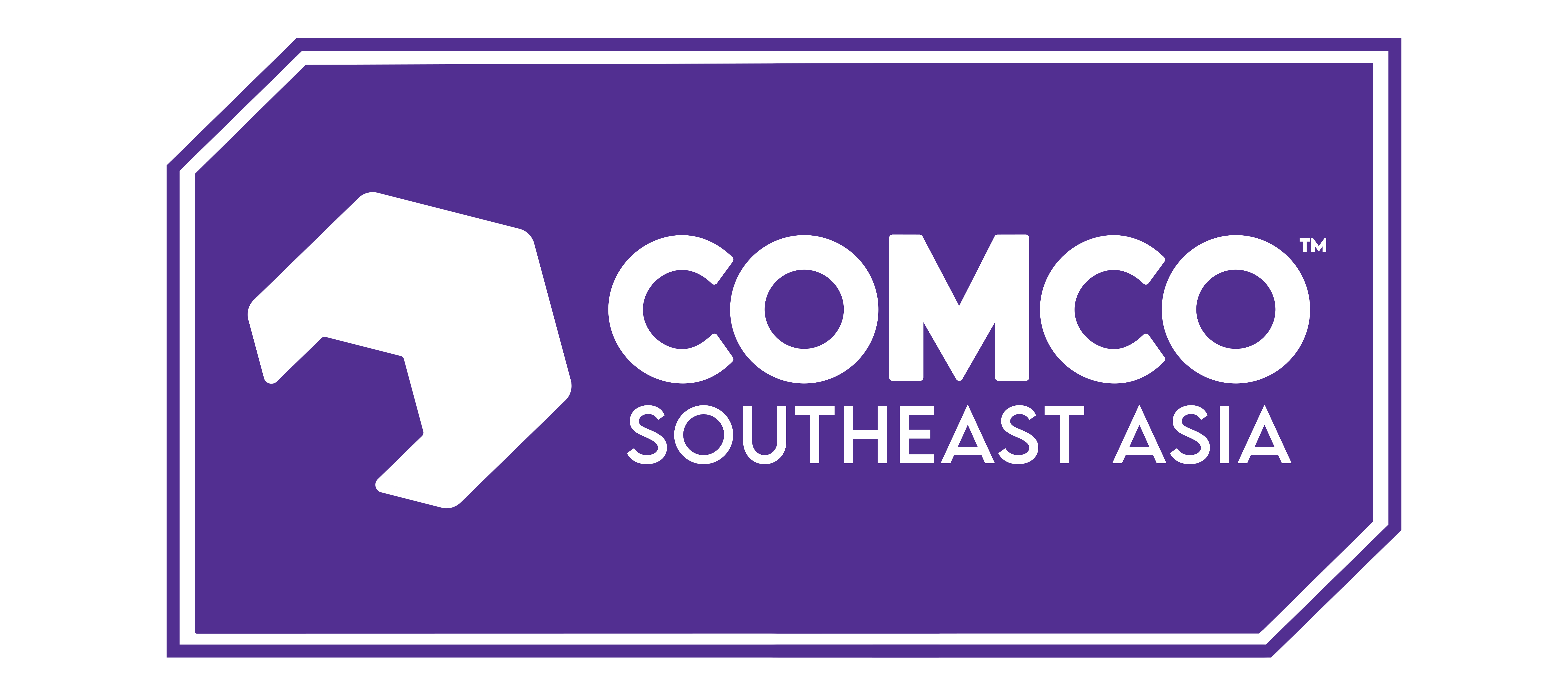Together with its partners, WWF-Philippines launched a groundbreaking project on sustainable consumption and production at Seda Vertis North, Quezon City, last 26 September 2017.
“Kumain ka na ba?”
Eating is an integral part of the Filipino’s daily life, and dining out, given higher disposable incomes and fast-paced city living, has become an almost daily habit. In fact, spending on restaurants and hotels is one of the top reasons why Filipinos shell out money. Among one of Southeast Asia’s booming economies, Filipinos are now more willing to spend on experiencing new cuisines, subscribing to ready-to-eat food deliv ery services, and trying out new restaurants they see on their social media feed.
Take the global craze about the humble ube for example. Local cuisine is fast gaining ground on the international stage! Filipino cuisine has been highlighted as one of the top reasons why people visit the country. Combining this with the fact that Filipinos are adventurous diners who are willing to try out almost anything, the local dining industry has become an essential selling point for the country’s growing tourism industry. “Food is a tourist attraction that is available here in the Philippines all year-round”, says Ryan Sebastian, Tourism Operations Officer of the Department of Tourism.
However, this fascination for food does not come without any negatives. Food wastage is constantly a problem – Filipinos waste up to 308,000 tons of rice every year. Ironically, however, 2.7 million Filipino families have also reported going hungry in the first quarter of the current year. “According to a Food and Agriculture Organization of the United Nations (FAO) report, we waste ⅓ of the food we produce annually. How much food is produced, and how much of the carbon footprint that goes into producing that food is out to waste – those impact climate change”, says Romell Antonio Cuenca, Assistant Secretary and Deputy Executive Director of the Climate Change Commission.
Due to high demand for certain ingredients, sourcing practices are also becoming more commercial, with less regard for where food comes from. As Filipinos continue to enjoy dining out in the years to come, they have to ensure that as responsible diners, the choices that they make will help the food service industry become more sustainable – so they can continue to enjoy the delicious food that they enjoy today. Eden Josephine David, Assistant Secretary of the Department of Tourism, agrees with this sentiment. “If we are proud of what we have, we would promote it, patronize it, support it, sustain it, and all the more we will be able to enjoy it, not only now, but for the future.”
WWF-Philippines is working with the Filipino dining public, the government, the media, and the food service industry in leading the local dining scene towards sustainability. Since restaurant production and consumer dining choices both have the power to positively impact the food service industry, The Sustainable Diner: A Key Ingredient for Sustainable Tourism brought together these major stakeholders and created a platform where each sector shared their perspectives on how to further green the industry.

Recognizing the sustainability efforts of and the partnership made with The Sustainable Diner’s three pilot cities: Quezon City, City of Cebu, and City of Tagaytay. L-R: Mr. Joel Palma (President and CEO, WWF-Philippines), Ms. Divina Pascua (Cultural and Tourism Affairs Officer-in-Charge, Quezon City Government), Ms. Leilani Diesta (Tourism and Information Officer, Tagaytay City Government), Ms. Nida Cabrera (Environment and Natural Resources Office Head, Cebu City Government), and Ms. Melody Melo-Rijk (Project Manager for Sustainable Consumption and Production in the Philippines, WWF-Philippines).
The project, supported by the German Federal Ministry of Environment, Nature Conservation, Building and Nuclear Safety, made commitments of partnership with its three partner cities: Quezon City, Tagaytay City, and Cebu City, and conducted panel and focus group discussions where participants were able to share their personal dining experiences and suggestions on how to make the food service industry more environmentally friendly.
By engaging and forging partnerships with organizations and individuals who are as enthusiastic when it comes to revolutionizing the way food is seen, prepared, and consumed, WWF-Philippines believes that together, it is possible to reduce food wastage, continue stimulating economic growth, and protect the natural resources that provide for every plate.
You can change the world through your daily dining choices. Become #TheSustainableDiner in your community today.
The Sustainable Diner project, under WWF-Philippines’ Sustainable Consumption and Production, is part of the International Climate Initiative (IKI). The Federal Ministry for the Environment, Nature Conservation, Building and Nuclear Safety (BMUB) supports this initiative on the basis of a decision adopted by the German Bundestag.
ComCo Southeast Asia is the PR partner of WWF-Philippines.



























